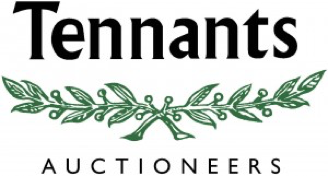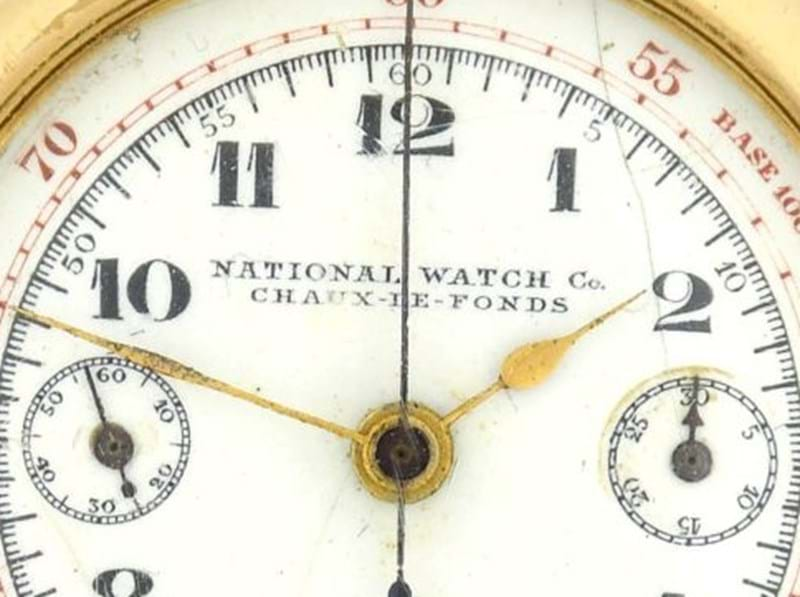Small domestic wooden objects, known as treen, have been widely collected at auction for decades. Simply made bowls, cups and candlesticks have taken on a significance far beyond their humble beginnings, imbued with the patina of the years to become desirable antiques admired for their tactile nature and as reminders of long forgotten lives. Some of the most intricate examples of treen come in the form of carved love spoons, unique symbols of love and devotion which developed into a folk artform in Wales.
Carving simple spoons for domestic use had of course been practised for centuries. However, in a poor society in which material gifts such as jewellery were unobtainable, young men would spend their evenings whittling a single piece of wood into a symbol of their affection, to be given to the girl they admired and hoped to court. A close-grained wood, such as sycamore, box or apple would be selected, and roughly shaped with simple tools before being paired into the chosen form with a small pocketknife.
The earliest examples, now lost to time, would likely have been simply decorated perhaps with just initials and a hole with which to hang the spoon on a wall. However, by the 17th century, love spoons had become elaborately decorated and would no doubt be a treasured possession. Each spoon combined a myriad of symbols; the time taken to carve the spoon spoke of devotion and the carver’s practical skills, and the spoon itself represented domestic contentment and sustenance – everything the young man hoped to offer his beloved. Then the symbols carved into the handle were carefully selected, with the most common being hearts for love, anchors or chains for devotion, keys and keyholes for the promise of a house, and diamonds for wealth. Later love spoons often had two or three bowls, perhaps representing plenty, or the number of children hoped for. Each spoon was a unique tribute, and interestingly no regional styles or variations appeared across Wales.
Love spoons are still being made today, the art revived, and are frequently given as gifts to commemorate weddings, birthdays, or christenings. However, the most desirable at auction date from the 18th and 19th centuries, with the more elaborately and finely carved commanding the highest prices. Look out for those spoons with chains in good condition, dates and initials, and damage free examples with a richly coloured patina. Each spoon is a testament to love, and the hopes and dreams of the carver all those years ago.
Part of a Private Collection of Welsh Love Spoons are to be sold in the Spring Fine Sale on 18th March















